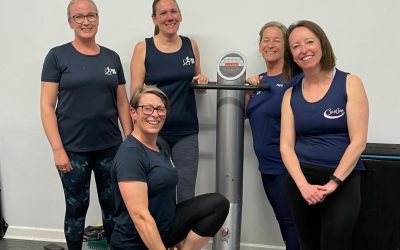While participation rates differ across age groups and event types, women now make up nearly half of all runners in the UK and a significant portion globally. The gap is narrowing, and the trend shows encouraging growth in female participation.
However, it’s true that historical imbalances existed, and some factors still contribute to these differences:
Physiological Differences:
On average, men have higher muscle mass and lower body fat, offering some advantages in speed and power, particularly in longer distances. However, these are averages, and many women achieve exceptional performances.
Social and Cultural Factors:
Stereotypes and societal expectations: Gendered perceptions can discourage girls from engaging in traditionally “masculine” activities like running.
Lack of role models: Historically, male runners received more media attention and sponsorship, potentially affecting female participation.
Safety concerns: Women may feel less safe running alone due to harassment or security risks.
Accessibility and affordability: Cost of equipment and access to safe running routes can be barriers for some women.
Event Participation:
While overall participation is growing, gender imbalances persist in certain event types. For example, elite marathons have a higher percentage of male participants. This could be due to various factors like training intensity, sponsorship opportunities, and cultural expectations.
Positive Developments:
Increased visibility of female runners: Inspiring examples, media coverage, and dedicated events like “Women’s 10k London” are attracting more women.
Growth of women’s running groups: These communities provide support, motivation, and a sense of belonging.
Brands catering to women: Sportswear and footwear specifically designed for the female body are becoming more available.
It’s important to acknowledge the historical gaps and ongoing challenges, but the future of running looks bright for women.
Remember, the focus should be on encouraging participation and celebrating individuals who choose to run, regardless of gender.


